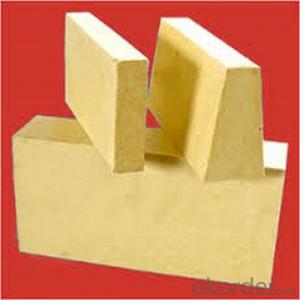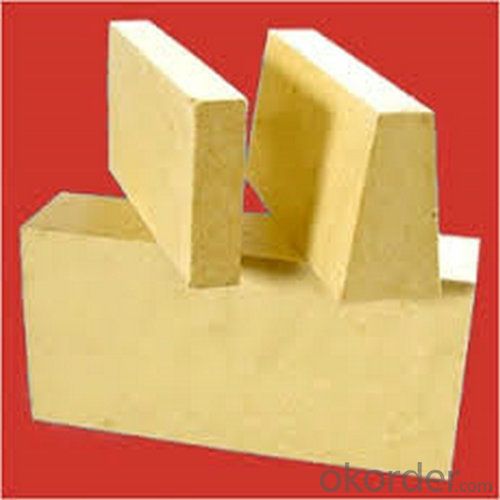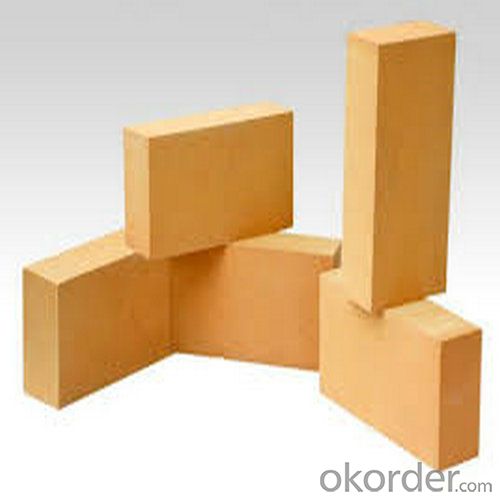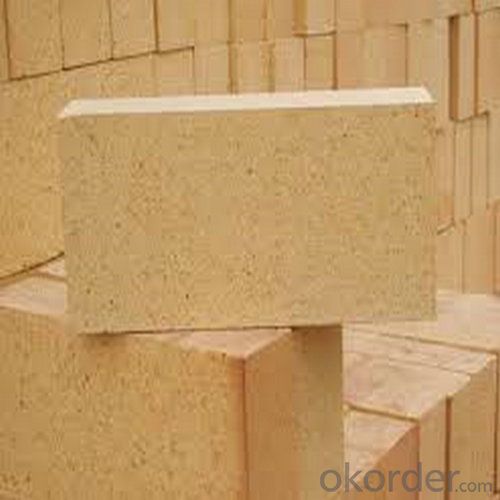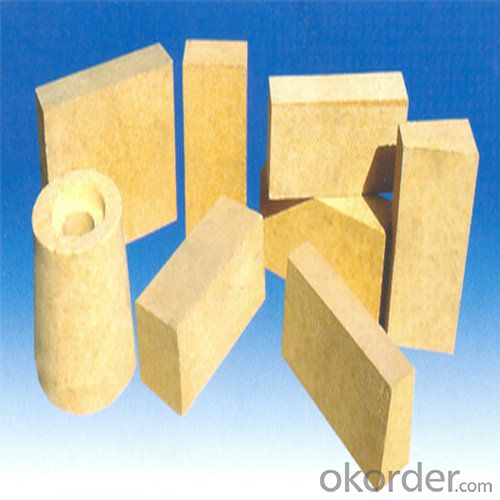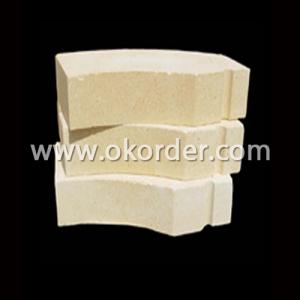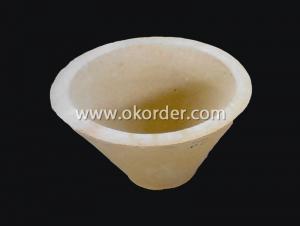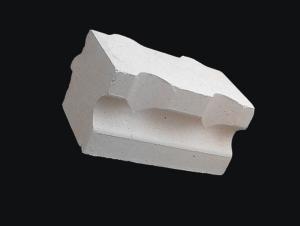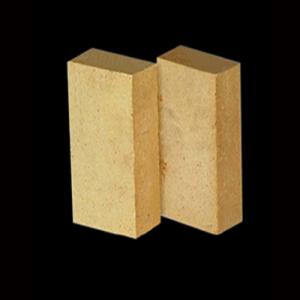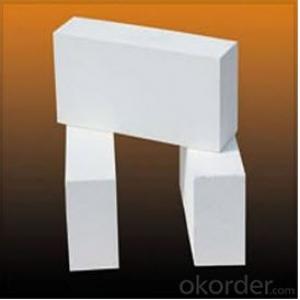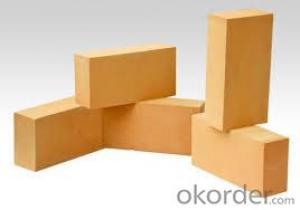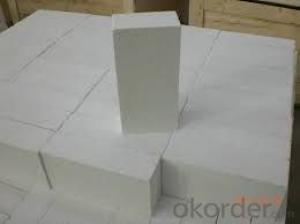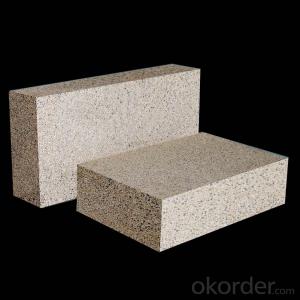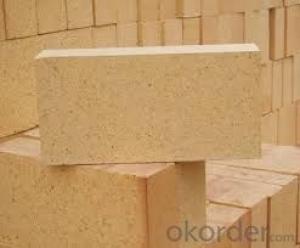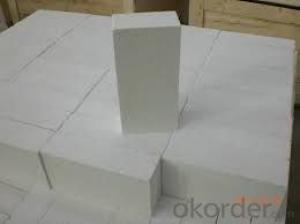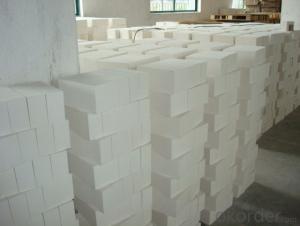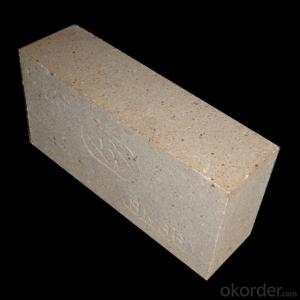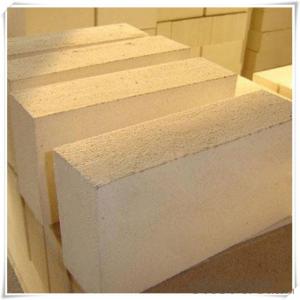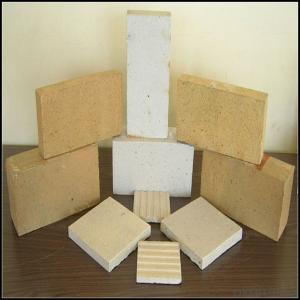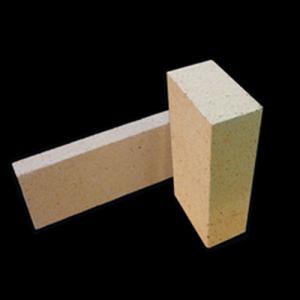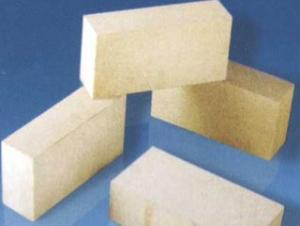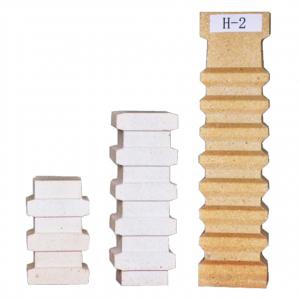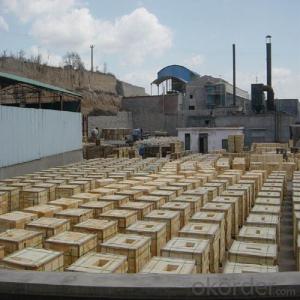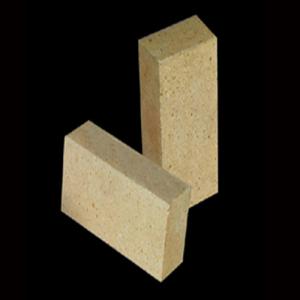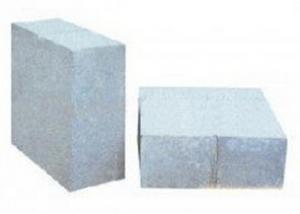High Alumina Brick for Thermal Insulating Refractory Fire Brick
- Loading Port:
- Tianjin
- Payment Terms:
- TT OR LC
- Min Order Qty:
- 1 m.t.
- Supply Capability:
- 2000 m.t./month
OKorder Service Pledge
OKorder Financial Service
You Might Also Like
Description of Refractory High Alumina Fire Brick
Refractory High Alumina Fire Brick for Thermal Insulating is a kind of insulation refractory product taking bauxite as main raw material and including not less than 48% of AL2O3. Refractory High Alumina Fire Brick can be used in building insulation layer and parts not being affected by strong high-temperature molten material erosion and scoured. The surface temperature of the common Refractory High Alumina Fire Brick cannot exceed 1350° C when it directly contacts the flame.
Features of Refractory High Alumina Fire Brick
1. Excellent thermal stability
2. High refractoriness under load
3. Chemical stability and anti-corrision
4. Small high temperature creep rate
5. Excellent thermal shock resistance
Specifications for Refractory High Alumina Fire Brick
Description of parameters | Refractory High Alumina Fire Brick | ||||||
LG- 1.0 | LG-0.9 | LG-0.8 | LG-0.7 | LG-0.6 | LG-0.5 | LG-0.4 | |
AL2O3 % | ≥48 | ||||||
Fe2O3 % | ≤2.0 | ||||||
Bulk Density, g/cm3 | ≤1.0 | ≤0.9 | ≤0.8 | ≤0.7 | ≤0.6 | ≤0.5 | ≤0.4 |
Cold Crushing Strength MPa | ≥3.9 | ≥3.4 | ≥2.9 | ≥2.5 | ≥2.0 | ≥1.5 | ≥0.8 |
Test temp linear change within 2%on reheating | 1400 | 1400 | 1400 | 1350 | 1350 | 1250 | 1250 |
Thermal conductivity /W.(m.k)-1 | ≤0.5 | ≤0.45 | ≤0.35 | ≤0.35 | ≤0.30 | ≤0.25 | ≤0.20 |
Images of Refractory High Alumina Fire Brick
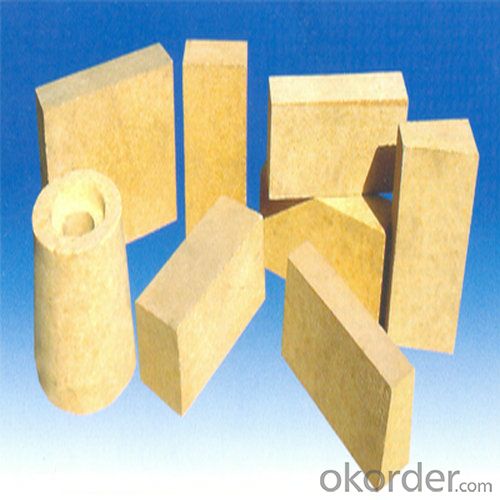
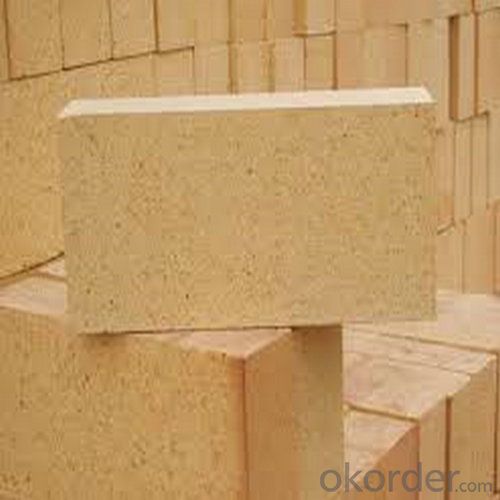
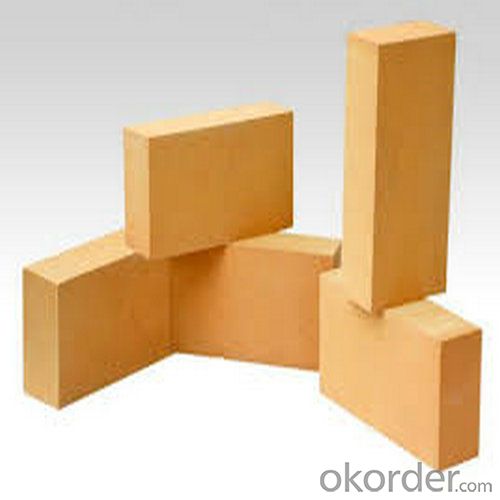
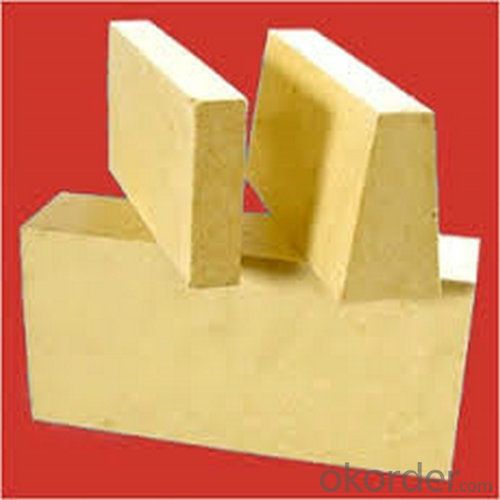
Applications of Refractory High Alumina Fire Brick
1. Building materials for blast furnace
2. Building materials for hot-blast stove
3. Building materials for coke oven
4. Building materials for steel making furnace
5. For construction material in steel industry
6. For ladle
FAQ of Refractory High Alumina Fire Brick
1. Can we visit your factory?
Sure, we warmly welcome you to visit our factory any time. Seeing is believing.
2. After an order is placed, when you will deliver?
10-30days.
3. Does your company accept customization?
We have a strong technical force. Our production methods are unique in that in allows us to be responsive to the needs and specification of our customers. We use a batch method of production, so each technician on the line is responsible for a specific area of expertise. at any point in our production, we can make changes and incorporate the feedback from our clients. We accept OEM service.
4. How is your products quality?
We specialize in fire brick ,our products are superior in quality to any other brand available on the market. These fire brick are gaining popularity because of their fine quality, competitive prices, and our honest dealings.
- Q: What are the high aluminum bricks made of?
- The amount of refractory mud accounts for about 6% of the brick weight
- Q: What are the requirements for Rubble backfill height?
- Backfill should be filled with large stones, big face, small face upward, the decoration is stable, and then use small stones leveling, the gap between the stones can be swept into the slag, gravel, so that the gap filled.
- Q: What is the standard size of high alumina brick?
- Standard brick: 230 x 115 x 65; four points: 230 x 115 x 40; three points: 230 x 115 x 30; 150 x 120: Brick gable. Light weight brick 1 to 1.7 kilograms; heavy clay superscript brick weighs 3.75 kilograms; light 30 plates 0.79 kilograms; light 40 plates, 1.05 kilograms.
- Q: How many cubic bricks does a high alumina brick have?
- It is related to the content of aluminum in high alumina bricks.
- Q: What is the price of the first grade high alumina brick?
- Many factories in Xinmi have high alumina bricks, but they must choose a regular factory. Kuwait refractory level high aluminum brick price at around 1600, the quality of double stable supply
- Q: How high can aluminum bricks expand at 80O degrees of heat?
- The expansion of high alumina brick is not only related to temperature, but also related to its material composition. The refractory temperature of high alumina brick is above 1770 centigrade. The temperature of 800 DEG C has little influence on the expansion of high alumina brick.
- Q: What kind of material is the general metal case?
- We usually discuss the electromagnetic radiation of computer enclosures, mainly RF radiation, followed by MF leakage.Switch signal of RF radiation from computer high-speed leakage, such as one of the energy radiation is CPU frequency, graphics, display output line, keyboard, is the source of the operating characteristics of the computer leaked out, is also the main part of computer security.For the absorption of radio frequency radiation, the best is the use of copper materials, the use of other metals can also, thickness enough on the line.The most vulgar description is that people can sit in the case is a good thing.
- Q: How to reduce the harm caused by two times mullite in high alumina refractory material
- Two times mullite refers to the content of aluminum is about 70%, in high temperature sintering, the expansion coefficient is large, the thermal expansion rate is high.
- Q: What should be used as binder for making high alumina bricks?
- In addition, high alumina micro powder can be used as binding agent, or high alumina micro powder and clay powder are prepared according to a certain proportion, and synthetic mullite is used as bonding agent. With these binders, high alumina bricks without two expansion can be prepared.
- Q: High alumina brick 80 with which high aluminum cement?
- Which kind should be chosen should be determined according to the conditions of use, life expectancy and cost control. By the way, the quality of masonry is also very influential.
Send your message to us
High Alumina Brick for Thermal Insulating Refractory Fire Brick
- Loading Port:
- Tianjin
- Payment Terms:
- TT OR LC
- Min Order Qty:
- 1 m.t.
- Supply Capability:
- 2000 m.t./month
OKorder Service Pledge
OKorder Financial Service
Similar products
Hot products
Hot Searches
Related keywords
